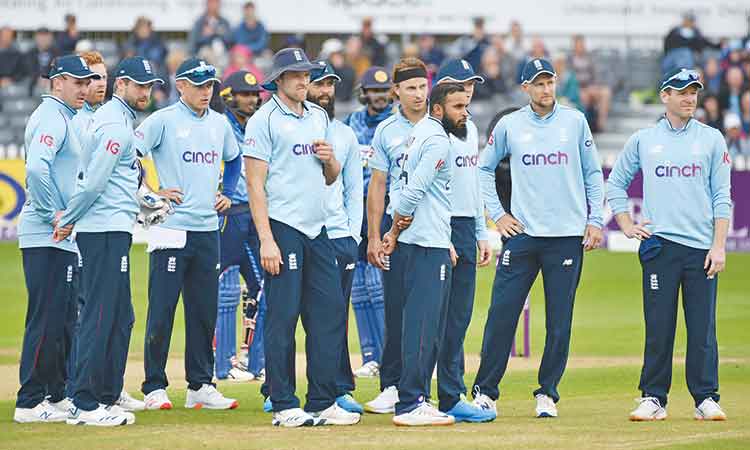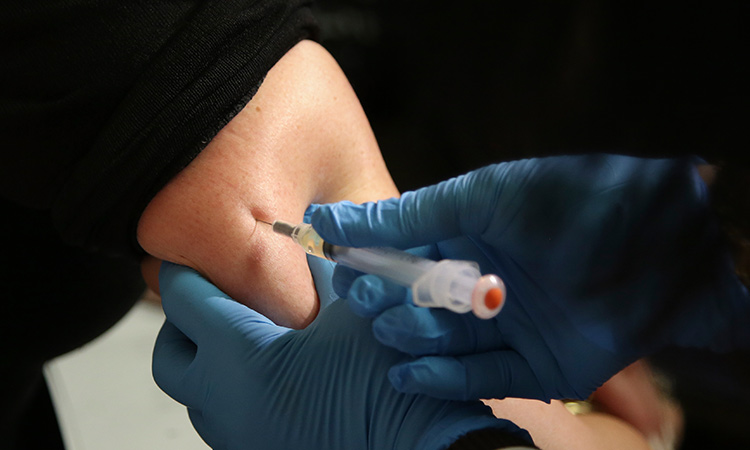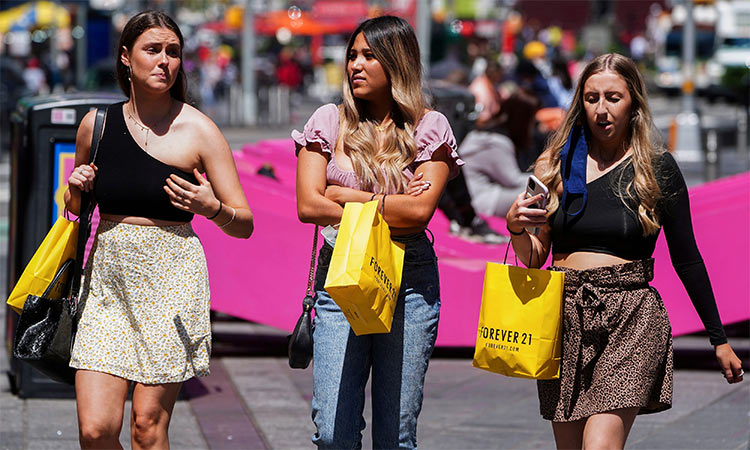Virus curbs could curb festive spirit

A good number of countries are imposing restrictions during Christmas, in what is seen as a major health safety measure.
It’s going to be a totally different ‘festive’ season this time – without some of the traditional trappings that go with it. A good number of countries are imposing restrictions during Christmas, in what is seen as a major health safety measure.
However, this may disappoint many people who would like to continue with the spirit of joyous celebrations that have always marked the season.
With an approved vaccine unlikely to be widely available for months, governments appear to be taking no chances.
In a precautionary move to ward off the coronavirus, South Korea has banned year-end parties and some music lessons. It added that public saunas and cafes must also close after a spiral in coronavirus infections.
Authorities reported 450 new infections on Sunday after more than 500 cases were recorded for three days in a row.
With restrictions on family gatherings, instructions not to hug and a polite request to St Nicholas to “keep your distance,” Europe is gearing up for its maiden COVID-19 Christmas.
Governments across the continent are due to unveil plans for Christmas this week and many are thinking along similar lines: restricted family gatherings, with festive traditions – like German Christmas markets and Wise Men parades in Spain – widely cancelled.
In Belgium, one of the hardest hit countries in Europe, Prime Minister Alexander De Croo is worried about a third wave of infections just as the second starts to flatten.
Underlining its message, the Belgian government has written to St Nicholas, whose December 6 visit with presents for children is a national festive highlight, urging him to: “Keep your distance, wash your hands regularly and wear a mask when necessary.”
In Italy, which has the second highest toll in Europe after Britain, Prime Minister Giuseppe Conte warned last week: “We will have to spend the festivities in a more sober way. Big parties and hugs will not be possible.”
Paris will forgo its ice rinks and Christmas market this year and Moscow has cancelled big public celebrations, instead encouraging people to take a stroll to enjoy the city’s lights and decorations.
Chancellor Angela Merkel has said German families should be able to come together for Christmas, “perhaps with protective measures”.
The prospect of controls has provoked dissent in her Christian Democrats. Friedrich Merz, a contender to become party leader next year, told the Tagesspiegel daily: “It is none of the state’s business how I celebrate Christmas with my family.”
In London, the government said it was working with Scotland, Wales and Northern Ireland to ease restrictions over Christmas to allow families to meet, despite a scientific adviser warning that mixing at Christmas posed substantial risks.
French President Emmanuel Macron said France will start easing its COVID-19 lockdown this weekend so that by Christmas, shops, theatres and cinemas will reopen and people can spend the holiday with their families.
The four nations of the United Kingdom, which have devised their own pandemic policies until now, agreed to relax restrictions for Christmas to allow up to three households to meet at home for five days.
But European Commission President Ursula von der Leyen warned against relaxing lockdowns too quickly.
In the US, which has the highest virus death toll at nearly 260,000, President Joe Biden Biden sought to encourage Americans and focus on the sacrifices they are making, as officials across the country pleaded with people to stay home and avoid large gatherings.
Ultimately it’s a balancing act that governments have to do. They have two things in mind: to be with and embrace those they love the most, and the duty to protect them.







